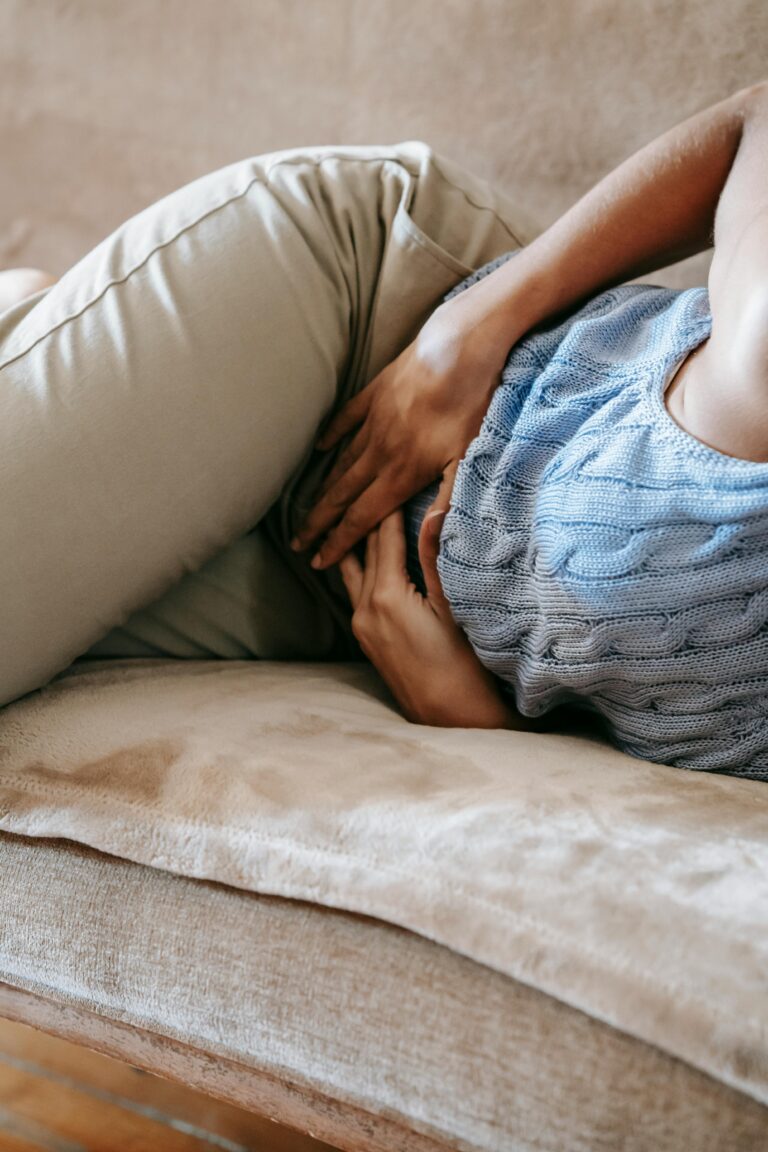Soothing the Gut: Managing Digestive Issues in Colorectal Cancer Patients

Managing Digestive Issues in Colorectal Cancer Patients
Patients with colorectal cancer frequently have digestive discomfort as a result of the disease or its treatments. Radiation, chemotherapy and surgery have a significant impact on the patient’s gut microbiome and as a result, their quality of life . Some of the symptoms can include, but are not limited to nausea, constipation, diarrhea, and bloating. Thankfully, integrative techniques can support healing and calm the gut.
The Importance of Gut Health & Microbiome Support
Immunity, digestion, and general health are all significantly impacted by a healthy gut flora. This delicate balance can be upset by cancer treatments, which can result in dysbiosis, i.e. an imbalance of gut bacteria. Supporting gut health through diet and lifestyle can aid recovery and ease symptoms.
Integrative Tools for Digestive Relief
- Probiotics & Prebiotics
Probiotics are live beneficial bacteria (like Lactobacillus and Bifidobacterium) that replenish gut health, while prebiotics (found in garlic, onions, bananas) are non-digestible fibers that feed these good bacteria.Probiotics help restore gut balance. Seek out microorganisms such as Bifidobacterium and Lactobacillus. Good bacteria are fed by prebiotic foods like garlic, onions, and bananas, however certain patients may require a low-FODMAP diet to lessen bloating and gas. - Low-FODMAP Diet
The low-FODMAP diet eliminates fermentable short-chain carbs (Fermentable Oligo-, Di-, Mono-saccharides And Polyols) found in certain foods that can trigger bloating and digestive distress in sensitive guts.By temporarily removing difficult-to-digest carbohydrates that ferment in the stomach, this diet lessens diarrhea and bloating. To guarantee appropriate nutrition while avoiding triggers, consult with a dietician. - Bone Broth
Rich in collagen and amino acids, bone broth supports gut lining repair, especially after surgery or chemo. Sip warm broth to ease digestion and reduce inflammation.For vegetarians, mung dal soup or ayurvedic khichdi (moong dal + rice + digestive spices) are excellent alternatives.
Gentle Movement & Yoga
Yoga positions promote digestion and reduce bloating
- Child's Pose and Seated Twist.
- Pawanmuktasana (Wind-Relieving Pose) – Helps with gas
- Vajrasana (Thunderbolt Pose) – Aids digestion if held after meals
- Bhujangasana (Cobra Pose) – Relieves constipation
When to Seek Medical Help
While mild digestive changes are normal, seek help if you experience:
- Severe or persistent diarrhea (could lead to dehydration)
- Blood in stool (may indicate internal bleeding)
- Unintentional weight loss (sign of poor nutrient absorption)
Dietitian-Approved Tips
Dietitians specializing in cancer care recommend small, frequent meals of easily digestible foods like khichdi, upma, or poha to prevent overwhelming the gut. For diarrhea, a common side effect of treatment, nutritionists emphasize hydration with electrolyte-rich options like coconut water or a simple homemade ORS (1 tsp sugar + pinch of salt + lemon juice in 1 liter water). To combat nausea, ginger tea or ajwain (carom seed) water—steeped in hot water with a dash of jaggery—are preferred over peppermint tea, as they’re more accessible in Indian kitchens and align with traditional remedies. These adjustments, tailored to local dietary habits, can significantly ease treatment-related digestive distress.
Managing digestive issues during colorectal cancer treatment requires a mix of modern science and traditional wisdom. By incorporating probiotics, gut-friendly foods, and gentle movement, patients can improve their comfort and recovery.












